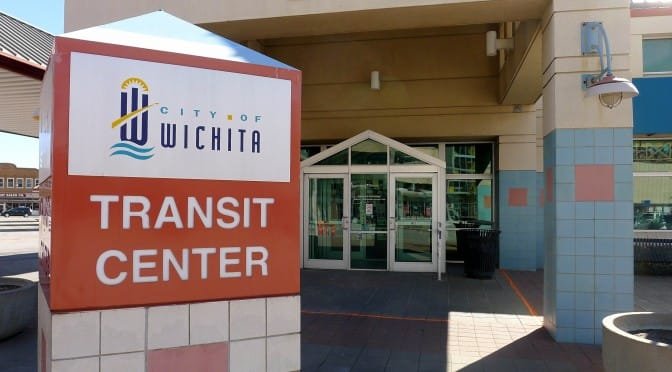Tag: Regulation
-

WichitaLiberty.TV: Arrival of Uber a pivotal moment for Wichita
Now that Uber has started service in Wichita, the city faces a decision. Will Wichita move into the future by embracing Uber, or remain stuck in the past?
-

Stuck in the box in Wichita, part two
Wichitans are threatened with shutdown of the city’s bus system if voters don’t approve a sales tax. We need out-of-the-box thinking here.
-

Wichita Transit System and the proposed sales tax
Examining claims made by “Yes Wichita” provides an opportunity to learn about the finances of the Wichita bus transit system.
-

WichitaLiberty.TV: Unknown stories of economic development, Uber, Fact-checking Yes Wichita
In this episode of WichitaLiberty.TV: Wichita economic development, one more untold story. The arrival of Uber is a pivotal moment for Wichita. Fact-checking Yes Wichita on paved streets.
-

Arrival of Uber a pivotal moment for Wichita
Now that Uber has started service in Wichita, the city faces a decision. Will Wichita move into the future by embracing Uber, or remain stuck in the past?
-

In Kansas fourth district, fundamental issues of governance arise
The contest in the Kansas fourth district is a choice between principle and political expediency, and between economic freedom and cronyism.
-

For GMOs, a patchwork of state regulations would be a nightmare
A complicated regulatory landscape for genetically modified foods would shift power to large food producers at the expense of small companies and innovative startups.
-
For McGinn, a liberal voting record is a tradition
Based on votes made in the Kansas Senate, the advertising claims of Sedgwick County Commission candidate Carolyn McGinn don’t match her record.
-

Wichita regulations bar innovation, but not sexual predators
Wichita’s regulatory regime prohibits innovative transit services like Uber, but the city failed to protect taxi riders from sexual predators.
-
Wichita government prefers rebates to markets
Today the Wichita City Council may decide to revive a program to issue rebates to persons who purchase water-saving appliances.
-

WichitaLiberty.TV: Uber not for Wichita, Wichita fails at transparency, and Wichita jobs
Uber is an innovative transportation service, but is probably illegal in Wichita. Then, the City of Wichita fails again at basic government transparency. Finally, a look at job growth in Wichita compared to other cities.
-

Uber, not for Wichita
A novel transportation service worked well for me on a recent trip to Washington, but Wichita doesn’t seem ready to embrace such innovation.